
by Theresa Cavicchio, OFS
The Memorial the Church presents to us on November 21st is not to be confused with the Feast we celebrate on February 2nd, the Presentation of Jesus. The Presentation of Mary at the Temple foreshadows that of the infant Son she would bring there years later with Joseph, her husband.
Read the rest

Yesterday, I had the opportunity to explain to my children the meaning of the gospel reading for the day, Matthew 18:21. The gospel was the one where Peter asks the Lord how many times should we forgive our brother? 7 times? And the Lord responds, ‘not 7 times, 77 times.’ He continues to tell Peter and the disciples the story of the servant who begs his master to have pity on him when he is unable to pay his large debt.
Read the rest

Blessed Bartolo Longo (1841-1926)
by Theresa Cavicchio
Sanctity can reveal itself in many ways, as evidenced by even a quick glance at the lives of the saints. The story of Blessed Bartolo Longo, who will be canonized on October 19th this year, is a case in point. It reveals not a straight path toward sainthood, but rather a circuitous route paved with inherently dangerous implications for the fate of his soul.
Read the rest
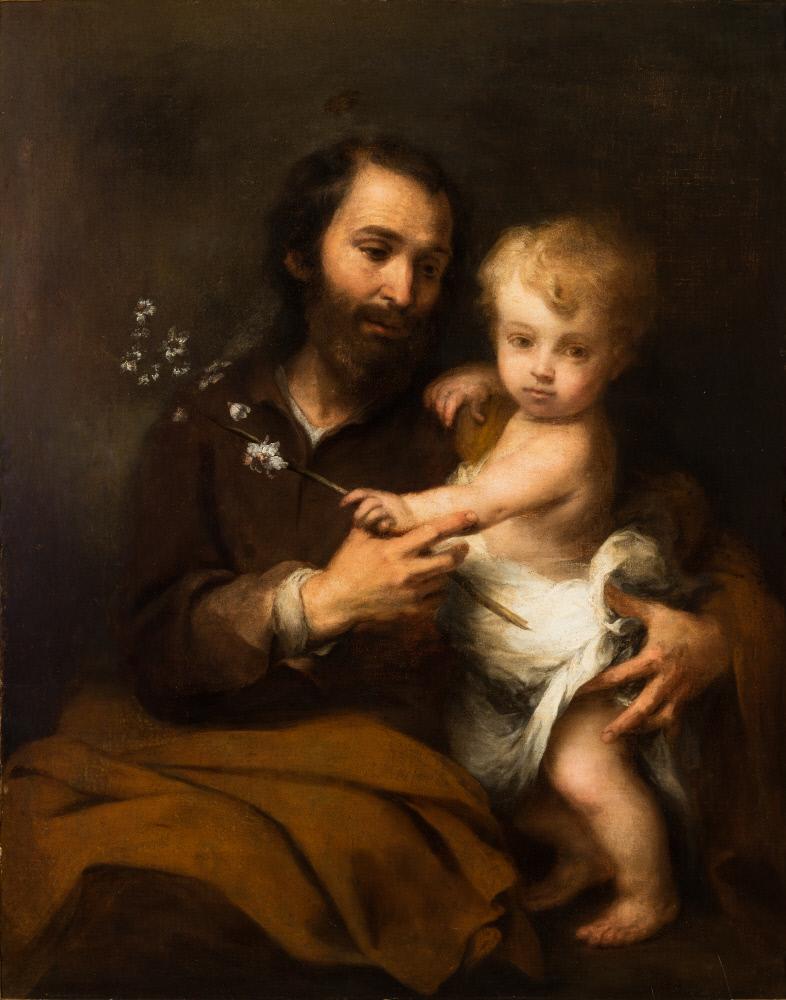
by Theresa Cavicchio, OFS
During these early weeks following the death of Pope Francis, the May 1st Feast of Saint Joseph the Worker provides a particularly fitting opportunity this year to turn to the Holy Father’s own teaching on the beloved, saintly foster father of Jesus.
Read the rest
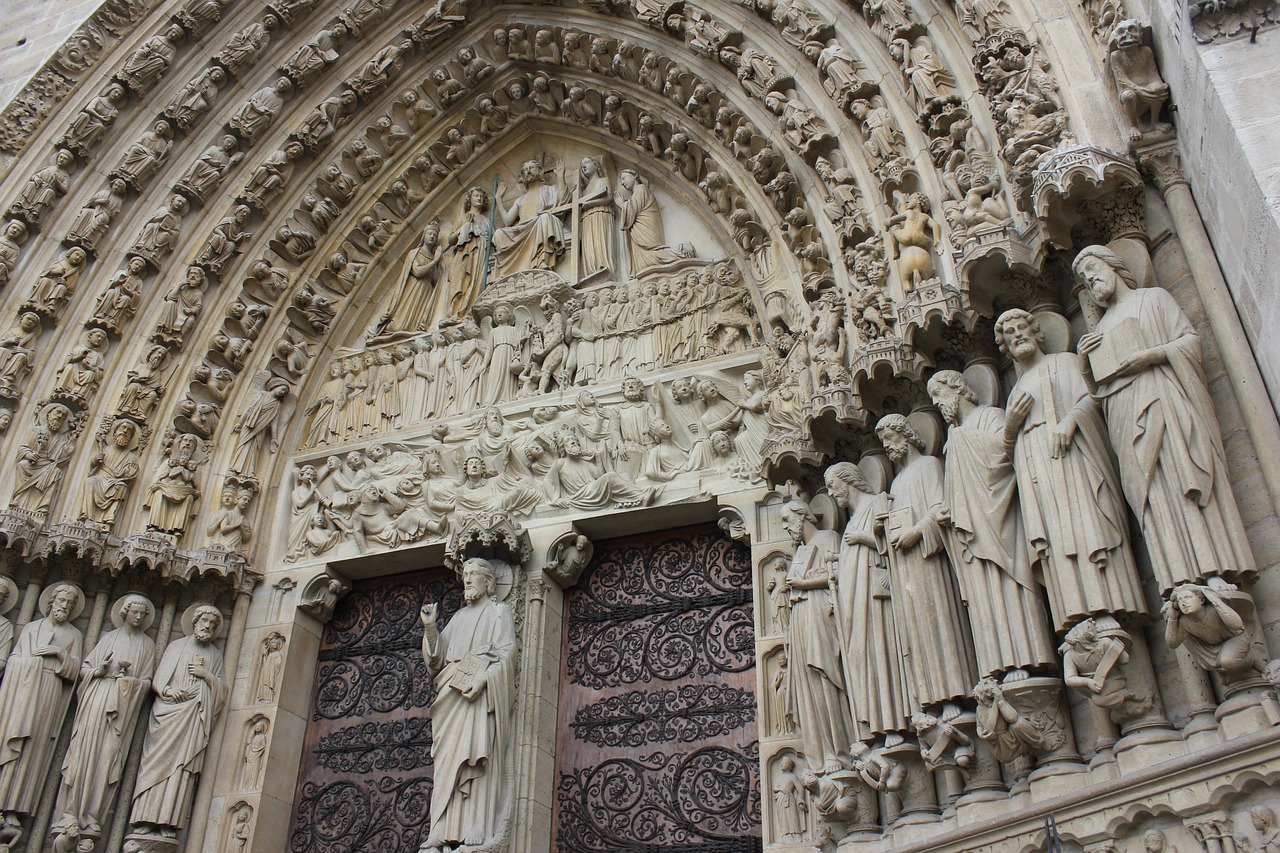
Photo courtesy of Regina Freedman
by Regina Freedman, M.S.Ed., ACC
Five years ago, I saw the burning of Notre Dame Cathedral as a symbol of what was to come. It meant destruction, but not a total one. It was an injury that created sorrow on the streets of Paris and around the world.
Read the rest

Let us all stop and pray to our Lord in heaven for protection from the upcoming storm.
Our Lady, Star of the Sea, pray for us!
Read the rest
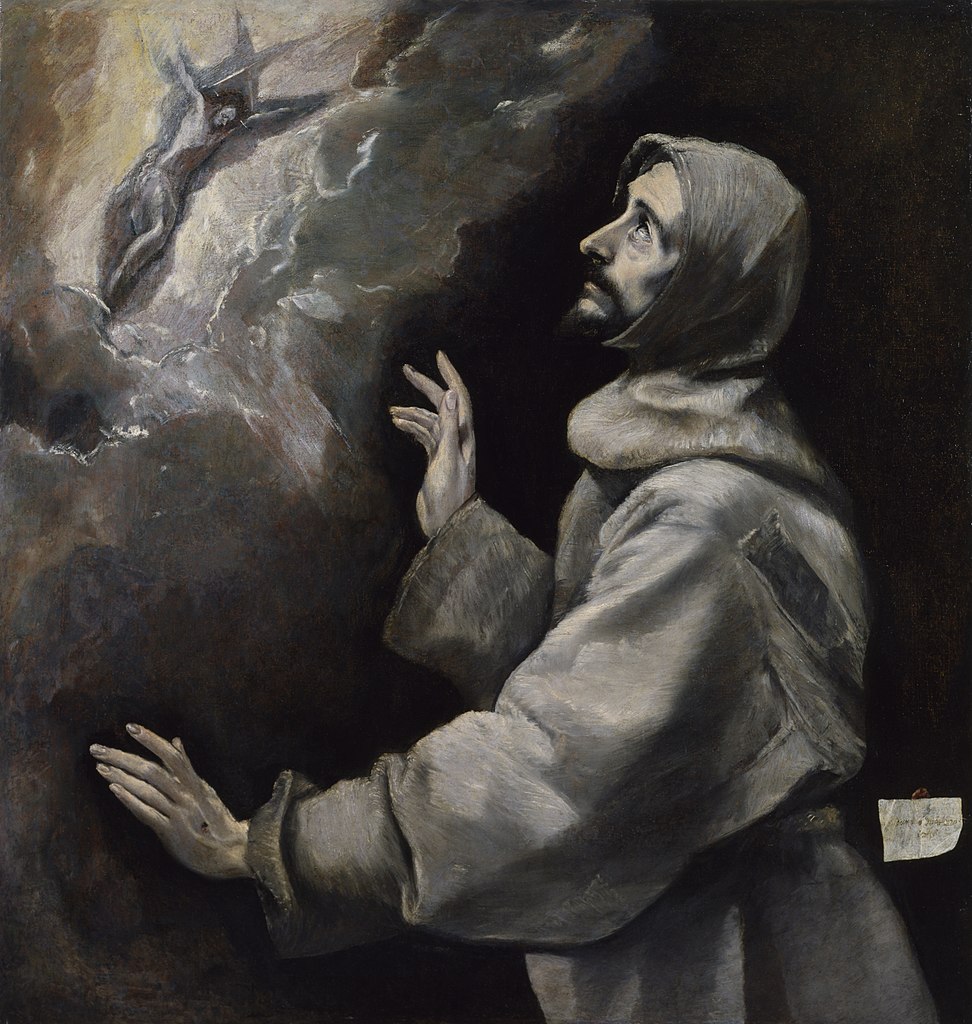
by Theresa Cavicchio, OFS
“May I never boast except in the cross of our Lord Jesus Christ, through which the world has been crucified to me, and I to the world … for I bear the marks of Jesus on my body.” (Gal 6:14 – 17)
Read the rest
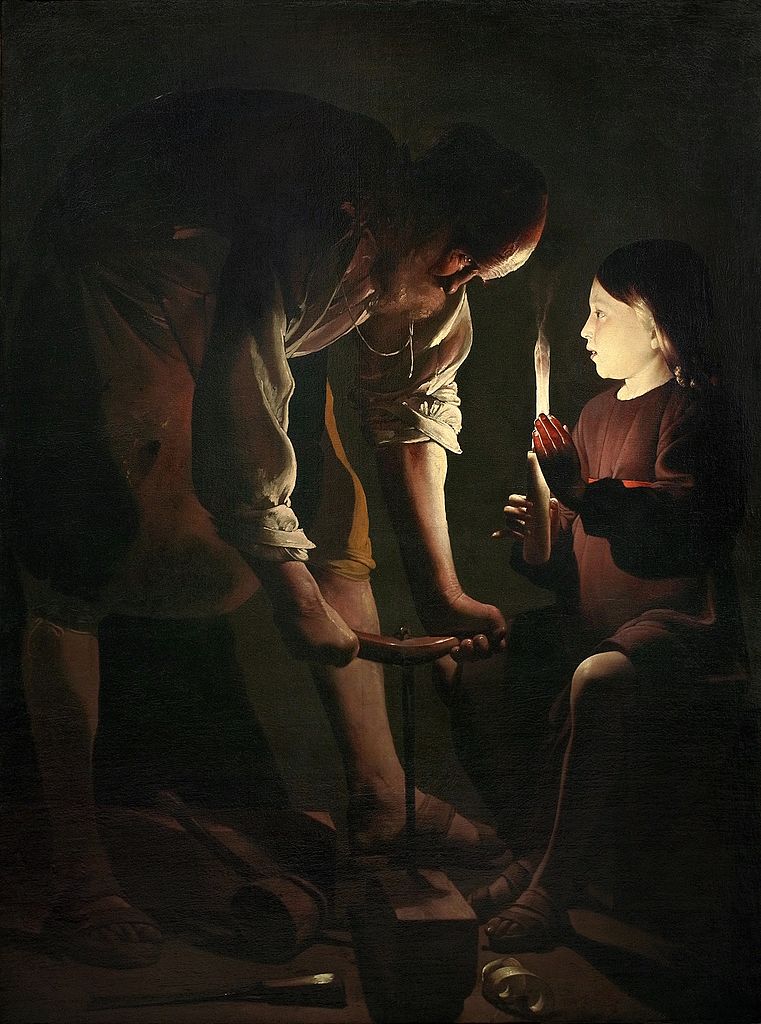
by Theresa Cavicchio, OFS
As we celebrate the Feast of Saint Joseph the Worker, we recall his stellar qualities, such as prudence, trustworthiness, and integrity. In commemorating this particular feast, such traits typically would be applied to decades of labor in the carpentry workshop at Nazareth, at the home he shared with Jesus and Mary.
Read the rest

by Theresa Cavicchio, OFS
The few references in Sacred Scripture concerning Joseph of Nazareth reveal him as far more a man of action than of words. In fact, nowhere do we find direct quotes which would help us to discern the character of this most unique of men – one tasked with the most unique of responsibilities.
Read the rest
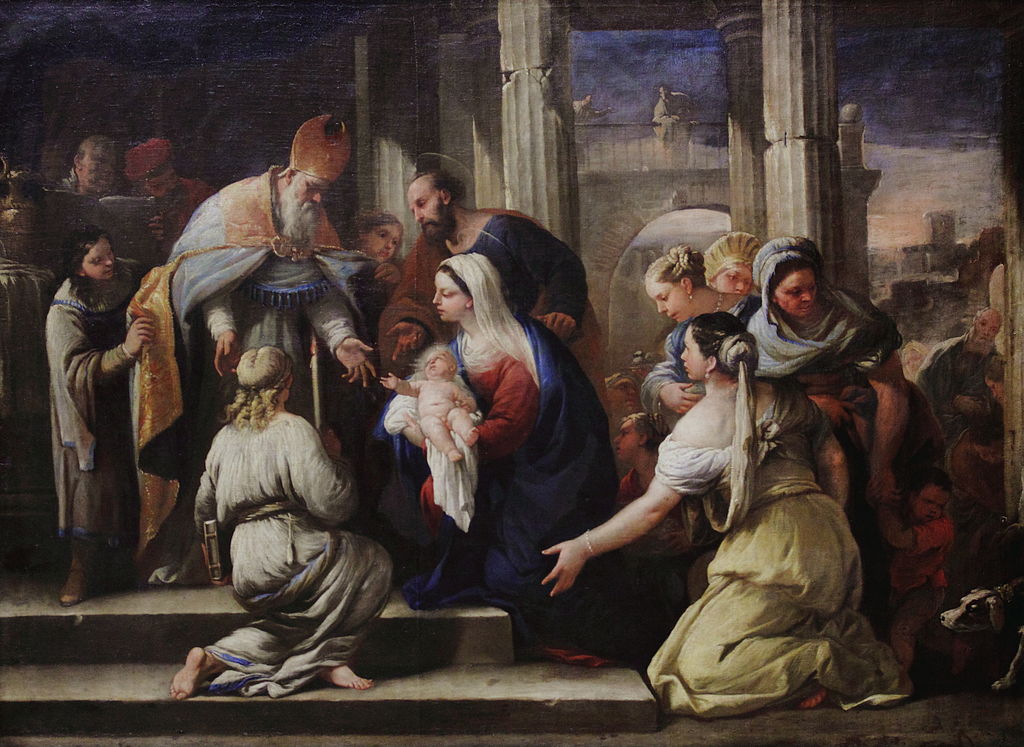
by Theresa Cavicchio
“Now I am sending my messenger – he will prepare the way before me; And the Lord whom you seek will come suddenly to his temple; The messenger of the covenant whom you desire – see he is coming! Says the Lord of hosts” (Mal 3:1).
Read the rest
 by Theresa Cavicchio, OFS
by Theresa Cavicchio, OFS








